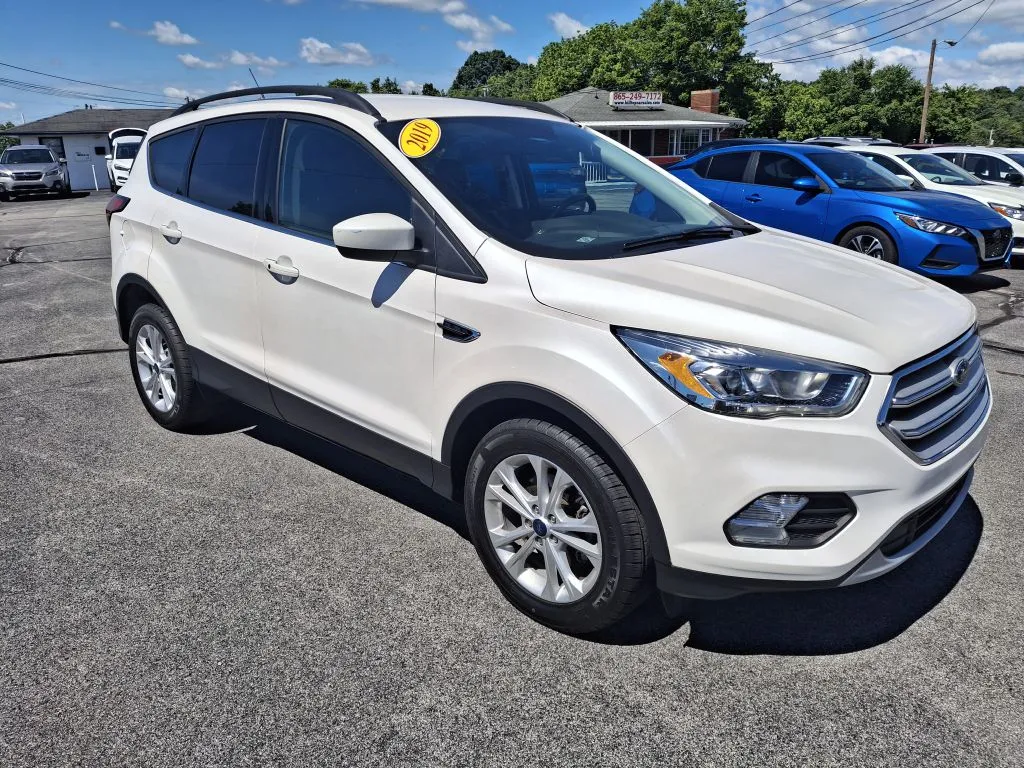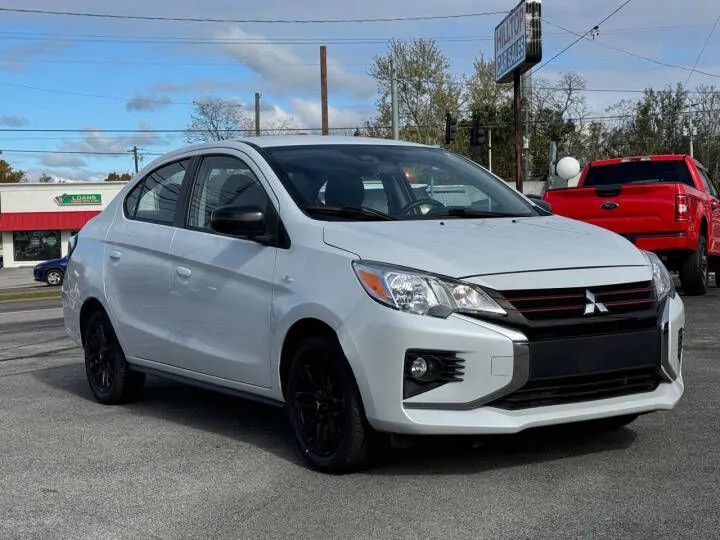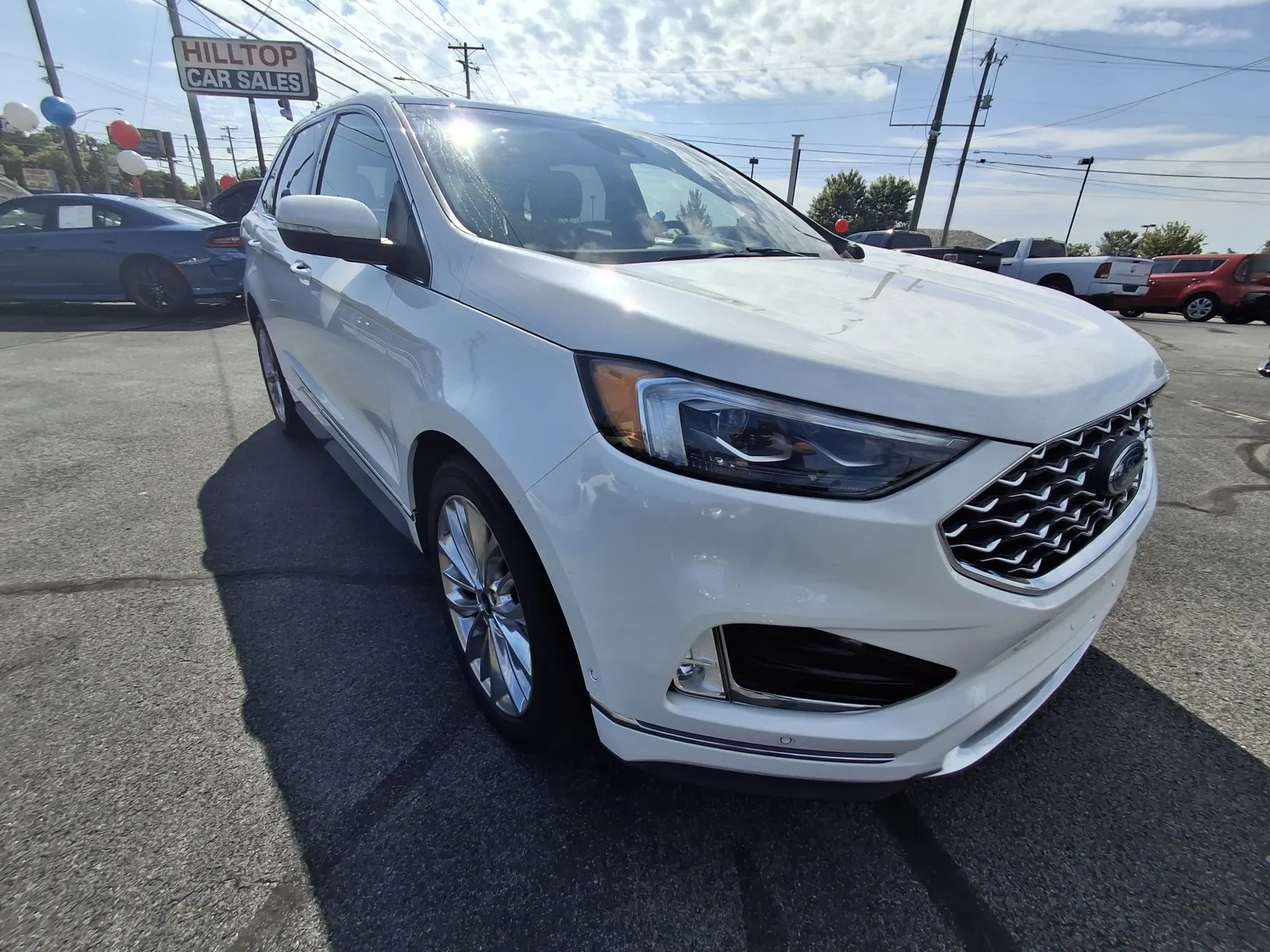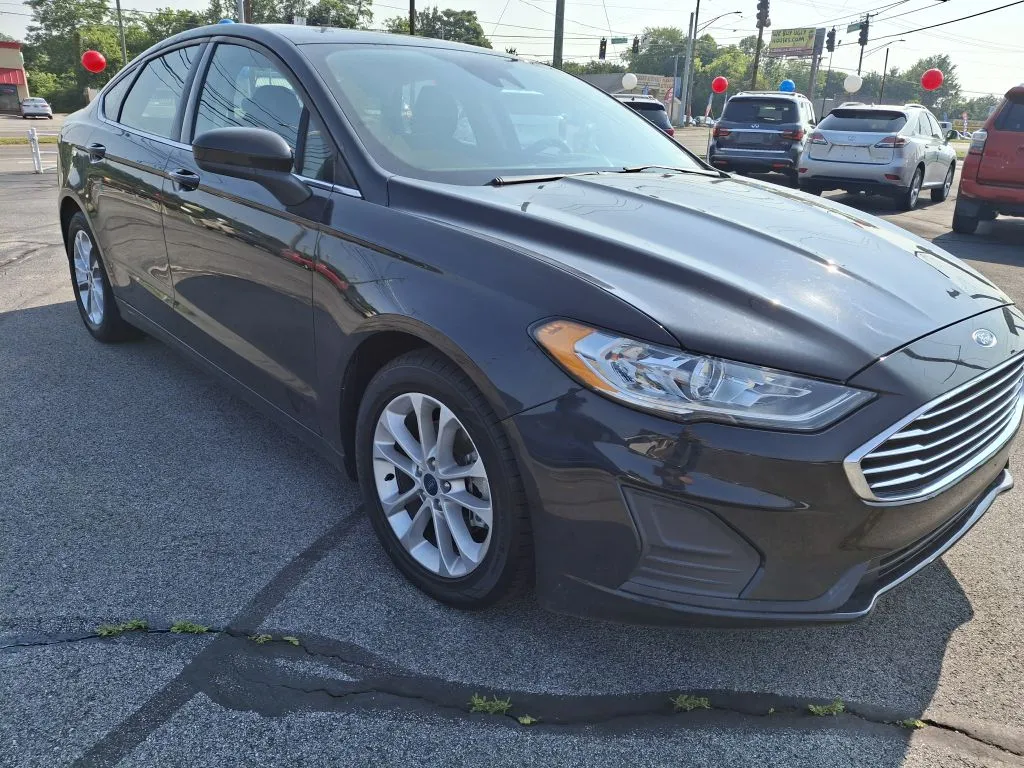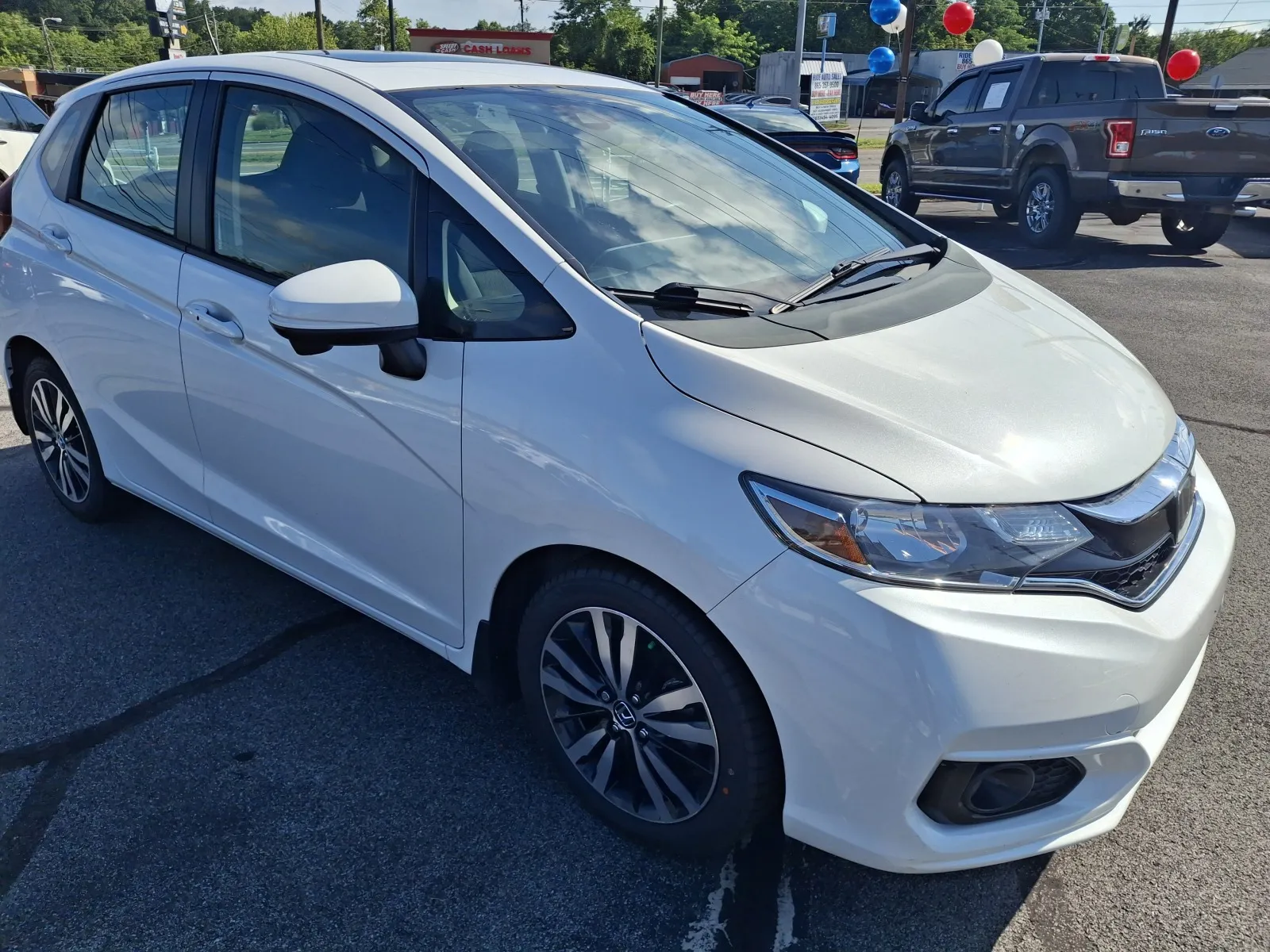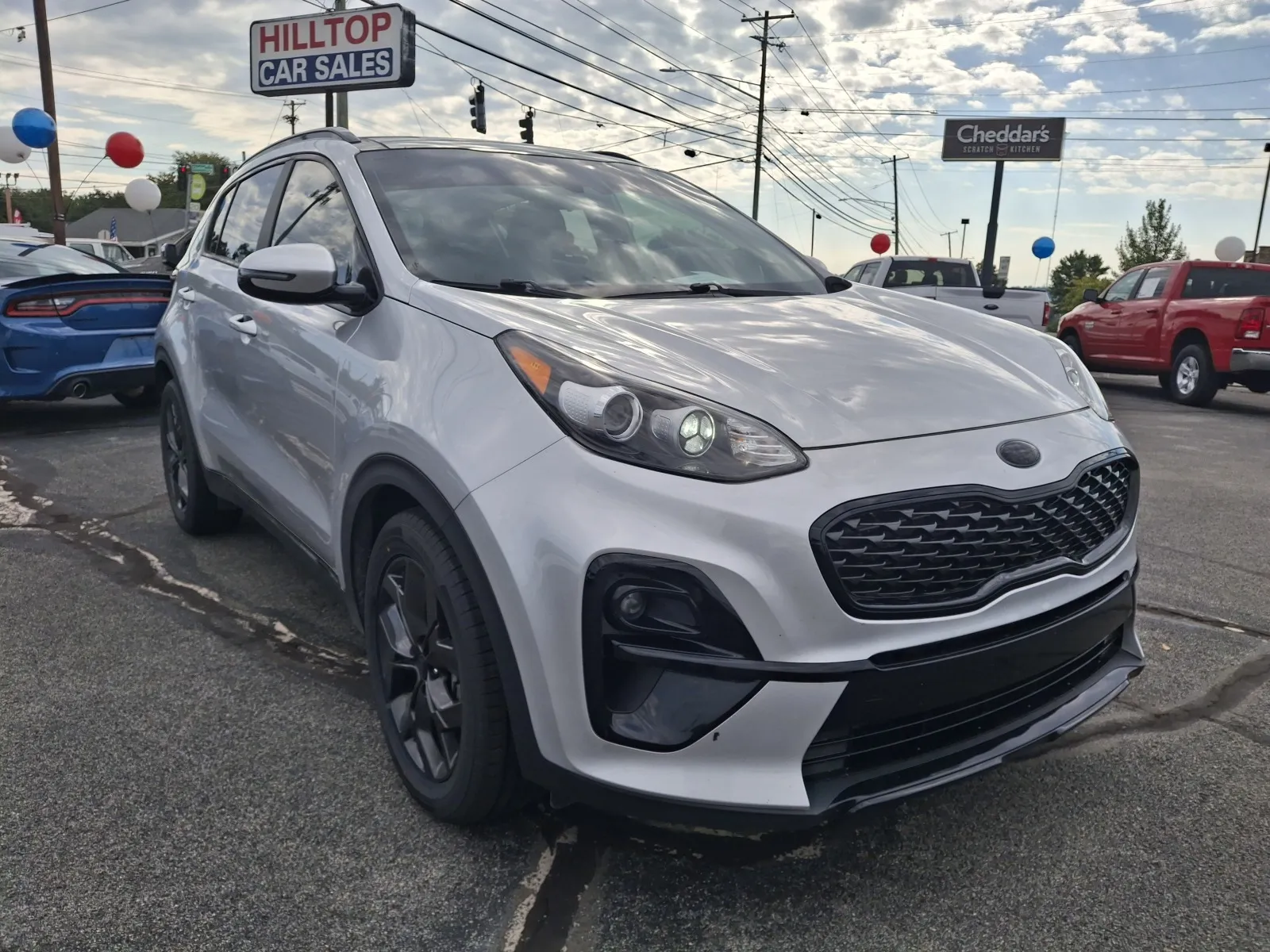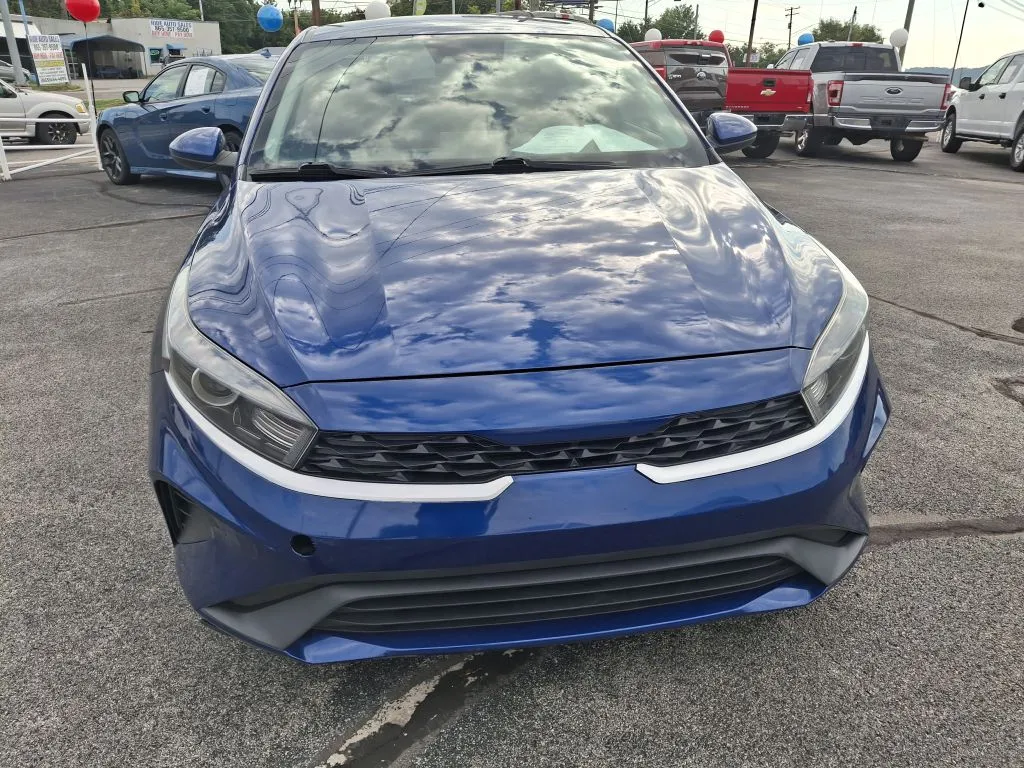Used Car Dealership in Knoxville for First Time Buyer: Essential Guide to Finding Your Perfect Vehicle
Table of Contents
First Time Buyers you only do this once
Buying a used car can feel overwhelming, especially if you’ve never done it before. Knoxville has tons of options for first-time buyers, but knowing where to start really matters.
First-time buyers in Knoxville should look for dealerships that are upfront about pricing, help with financing, and treat customers well.
The city has several dealerships that work well with new buyers. These businesses know first-time customers need extra help and support.
Many offer special programs for people with limited credit history or those who need help understanding the buying process.
This guide covers everything from picking the right dealership to figuring out financing options. It also explains how to handle the test drive and what to do after you buy a car.
Key Takeaways
- Knoxville has a bunch of dealerships that focus on helping first-time buyers with financing and advice.
- Buyers should research dealerships, know their budget, and get pre-approved for financing before shopping.
- The buying process includes test driving, negotiating, and finishing paperwork with the right insurance.
Why Knoxville Is Ideal for First-Time Used Car Buyers
Knoxville gives first-time buyers lower vehicle prices than a lot of Tennessee cities. It has established dealerships with good reputations and local programs to help new buyers figure things out.
Affordable Market Options
Used car prices in Knoxville usually run 8-12% below what you’ll see in Nashville or Memphis. The city’s lower cost of living means cheaper cars, plain and simple.
First-time buyers can find reliable sedans starting around $12,000 to $15,000. You’ll see popular models like Honda Civic, Toyota Corolla, and Nissan Sentra in this price range at local lots.
Popular First-Time Buyer Vehicles in Knoxville:
- 2018-2020 Honda Civic: $13,500-$16,800
- 2017-2019 Toyota Corolla: $12,900-$15,500
- 2018-2020 Nissan Sentra: $11,800-$14,200
Lots of dealerships within a 20-mile radius keeps prices in check. Buyers benefit from this competition.
Trusted Local Dealerships
Several Knoxville dealerships focus on helping first-time buyers. They’ve built their names by serving the community for decades.
Many local dealers offer first-time buyer programs with lower down payments. Some ask for as little as $500 down if you’ve got steady work.
AutoMax Knoxville and Cars East both have programs for buyers with limited credit. They work with multiple lenders to boost your approval chances.
These dealerships often include basic warranties on used vehicles. Usually, you’ll get 30-90 days of coverage for big mechanical stuff.
Community Resources for Buyers
The Better Business Bureau’s Knoxville office hands out free guides on how to buy a used car. Their info explains how to research cars, inspect them, and negotiate prices.
Local credit unions like ORNL Federal Credit Union and Y-12 Federal Credit Union offer pre-approved auto loans. Their rates usually beat banks by 1-2%.
Key Resources:
- Tennessee Valley Authority Employees Credit Union: Auto loans starting at 2.9% APR
- Knox County Library: Free access to vehicle history reports
- UT Extension Office: Consumer education workshops on big purchases
The Knox County Library system lets you check vehicle history databases for free. You can look up any car’s accident history, previous owners, and maintenance records before you buy.
Choosing the Right Used Car Dealership in Knoxville
First-time buyers should focus on dealership reputation, certification standards, and inventory selection when shopping for used cars in Knoxville.
These things help you get a good buying experience and a reliable car.
Dealership Reputation and Reviews
Online reviews tell you a lot about a dealership’s customer service and honesty. Check Google Reviews, Yelp, and the Better Business Bureau for real feedback.
Key reputation indicators:
- How fast they handle complaints
- If they’re upfront about prices and fees
- Quality of help after the sale
- How professional the staff acts
Dealerships with high ratings usually treat customers well. It’s smart to look for patterns in reviews instead of stressing over one bad comment.
Ask friends and family for recommendations too. Word-of-mouth can point you to dealers who actually care about customers, not just making quick sales.
Certification and Inspection Standards
Certified pre-owned cars get a full check before they hit the lot. These programs usually include powertrain warranties and roadside assistance.
Common inspection points:
- Engine and transmission
- Brakes
- Tires and alignment
- Electrical systems
Getting your own mechanic to check the car adds peace of mind. Most dealerships will let you set up a third-party inspection.
Vehicle history reports show accident damage, flood exposure, and who owned the car before. Good dealerships give you these reports for free.
Inventory Variety for First-Time Buyers
A big inventory means more choices for buyers with different budgets. Dealerships should have cars at different price points and types.
Inventory factors that matter:
- Different ages and mileages
- Several fuel-efficient choices
- Sedans, SUVs, and more
- Range of prices and financing options
Brands like Toyota, Honda, and Nissan usually cost less to keep running. They also hold their value better than luxury brands.
Dealerships with first-time buyer programs often keep budget-friendly cars in stock. Sometimes these come with extra warranties or maintenance packages.
Key Considerations for First-Time Buyers
First-time car buyers need to focus on three main things to avoid headaches. Set a realistic budget, check the car’s history, and know what the dealer’s policies are.
Budgeting for Your First Car Purchase
Figure out your total monthly transportation costs before you start shopping. That means the car payment, insurance, gas, and maintenance.
Monthly Budget Breakdown:
- Car payment: 10-15% of your monthly income
- Insurance: $100-300 for new drivers
- Gas: $80-150 a month
- Maintenance: $50-100 a month
Don’t forget sales tax and registration fees. In Tennessee, these can add 6-10% to the car’s price.
Putting 10-20% down helps lower your monthly payments. For example, $2,000 down on a $15,000 car cuts your payment by about $35 per month.
Getting pre-approved for a loan at a bank or credit union usually means better rates than the dealership. Always compare at least three loan offers.
Understanding Vehicle History Reports
Vehicle history reports show you what’s happened to a car before you buy it. These reports reveal accidents, flood damage, and previous owners.
Carfax and AutoCheck are the main report services. They cost $30-40, but they can save you from buying a lemon.
Red Flags to Watch For:
- Lots of previous owners
- Accident damage over $3,000
- Flood or fire damage
- Rental or fleet history
Knoxville isn’t coastal, but some used cars may have flood damage from storms elsewhere. Water damage can mess up electronics months after you buy.
Ask for the VIN before you visit the lot. That way, you can check the history at home without any sales pressure.
Evaluating Warranty and Return Policies
Most used cars come with short dealer warranties from 30 days to 3 months. Extended warranties cost more but can help with big repairs.
Warranty Coverage Levels:
- Basic: Engine and transmission only
- Powertrain: Adds drivetrain stuff
- Bumper-to-bumper: Covers most things
Return policies aren’t the same everywhere. Some dealers let you return a car in 3 days, others don’t allow returns at all.
Get every warranty detail in writing before you sign. Don’t trust promises that aren’t on paper.
Paying $100-150 for an independent mechanic’s inspection is worth it. They might spot issues your warranty won’t cover.
Financing Options for First-Time Used Car Buyers
First-time buyers have a few ways to get financing, like regular auto loans, credit union loans, or dealer financing. Knowing about interest rates and loan terms helps you make smart choices and start building credit.
Understanding Loan Terms and Interest Rates
Auto loans usually last 36 to 72 months for used cars. Longer loans mean lower payments, but you pay more interest in the end.
Interest rates for used cars are 1-3% higher than for new ones. First-time buyers usually see rates between 8-15%, depending on their credit.
Main loan factors:
- Principal amount – how much you borrow
- APR – annual percentage rate, including fees
- Monthly payment – depends on loan amount, rate, and term
- Down payment – lowers the loan and your monthly cost
Credit unions often give the best rates to first-time buyers. Sometimes their rates are 1-2% lower than banks or dealerships.
Getting pre-approved helps you know your budget before you shop. You just send your info to lenders and they’ll tell you your terms upfront.
Tips for Improving Credit Score
First-time buyers should check their credit report for mistakes before applying. You can get a free report from each credit bureau once a year.
Paying bills on time matters most. Late payments can drop credit scores by a lot—sometimes 60-110 points.
Easy ways to boost credit:
- Pay down current debt
- Keep credit card balances under 30% of your limit
- Don’t close old accounts
- Avoid new credit applications before car shopping
If you can, become an authorized user on a family member’s card with good habits. That helps build your own credit history.
Students or young adults with no credit should try secured credit cards. You put down a deposit, but it helps you build credit.
Exploring In-House Financing Programs
Some dealerships offer in-house financing for people with bad or little credit. The car is the collateral, so they’ll often approve buyers banks turn down.
In-house financing usually means higher interest rates. You might see rates from 15-25%, but it might be the only way to get a car if your credit’s rough.
Dealer financing perks:
- Fast approvals
- Less paperwork
- Can get approved with no credit
- Everything handled at the dealership
Always compare dealer rates to banks or credit unions. Sometimes dealers bump up the rates to make more money.
Buy-here-pay-here lots are the most flexible but charge the highest rates. They care more about your monthly payment than the total loan cost.
Read every contract detail before signing. Some in-house deals include things like GPS tracking or remote engine shut-off.
Navigating the Test Drive and Buying Process
The test drive and purchase steps need some planning to go smoothly. First-time buyers should schedule test drives, negotiate prices, and make sure all paperwork is right.
Scheduling and Preparing for Test Drives
Call the dealership ahead to set up your test drive. That way, the car will be ready when you show up.
Most dealerships ask for a valid driver’s license and proof of insurance before you can drive.
Write down questions about the car’s history, maintenance, or any issues you’ve noticed. Bring a friend or family member who knows about cars if you can.
During your test drive, make sure to:
- Check brakes, steering, and acceleration
- Test all lights and signals
- Listen for weird noises from the engine or brakes
- Try the air conditioning, radio, and other features
Drive for at least 15-20 minutes. Go on city streets, highways, and parking lots if you can.
How does the car feel? If something seems off, ask the salesperson right away.
Negotiating Purchase Price
Before heading to the dealership, check the car's market value using Kelley Blue Book or Edmunds. This research gives you a real price range to use when you start negotiating.
The sticker price isn't set in stone. Start with a lower offer based on what you've learned.
Point out any flaws or needed repairs to back up your offer. Dealers expect you to negotiate, so speak up.
Think about these negotiation factors:
- Vehicle condition and mileage
- Market demand for that specific model
- How long the car's been sitting on the lot
- Any repairs or maintenance it needs
Don't get hung up on monthly payments. The total purchase price is what really matters.
Dealers sometimes stretch out loan terms to make payments look smaller, but that can mean you pay more in the long run.
If the price doesn't feel right, be willing to walk away. There are always more cars out there.
Finalizing Paperwork
Once you agree on a price, the finance and insurance office takes care of the paperwork. You'll need your driver's license, proof of insurance, and income verification.
Read every document carefully before you sign anything. If something's confusing, ask questions.
Important papers include the sales contract, loan agreement, and title transfer documents.
The sales contract should list:
- Final purchase price
- Trade-in value (if you have one)
- All fees and taxes
- Warranty information
Get copies of everything you sign. Keep these in a safe spot for later.
Usually, the dealership handles the title transfer and registration. They'll give you temporary tags until your real plates arrive in the mail.
Registering and Insuring Your Used Car
You need to register your car at the Knox County Clerk's Office within 30 days. The main office is at 300 Main Street in downtown Knoxville.
Bring these documents:
- Title or manufacturer's certificate of origin
- Proof of Tennessee auto insurance
- Valid driver's license
- Completed application for title and registration
Registration fees depend on your car's weight and age. Most passenger cars cost about $26.50 for the title and $24 for the plate.
Tennessee law says you need at least $25,000 per person and $50,000 per accident for bodily injury coverage. Property damage coverage must be at least $15,000.
Shop around for insurance quotes before you buy. Some companies offer discounts for good drivers, students, or if you bundle with other policies.
Routine Maintenance Recommendations
Regular maintenance keeps your car running well and your warranty valid. Schedule an oil change during your first 1,000 miles of ownership.
Check tire pressure every month. Rotate your tires every 5,000 to 7,500 miles to help them last longer.
Basic maintenance timeline:
- Oil changes: Every 3,000-5,000 miles
- Air filter: Every 12,000-15,000 miles
- Brake inspection: Every 10,000 miles
- Coolant flush: Every 30,000 miles
Keep your maintenance records in the glove compartment. These help with warranty claims and boost resale value.
Local Resources for Ongoing Support
Knox County has lots of certified mechanics and service centers. The Better Business Bureau lists shops with customer reviews.
Many Knoxville dealerships have service departments that work on different brands. Some offer shuttle rides or loaner cars while yours is in the shop.
AutoZone and O'Reilly Auto Parts have several Knoxville locations. They offer free battery testing and basic diagnostics.
If you have complaints about a dealer or repair shop, the Tennessee Department of Commerce can help. File complaints online or call 615-741-4737.
Frequently Asked Questions
First-time car buyers in Knoxville often wonder about financing, warranties, and if the car will be reliable. Most dealerships offer several financing options and can help buyers with limited credit.
What should a first-time car buyer expect in terms of financing options at used car dealerships in Knoxville?
Used car dealerships in Knoxville usually offer a few financing options for first-time buyers. You might see traditional auto loans, buy-here-pay-here programs, or lease-to-own deals.
Dealerships often work with several lenders to find a rate that fits. If you're new to credit, interest rates can range from 8% to 18%, depending on your score and income.
Down payments vary. Some places take $500 down, while others want 10-20% of the car's price.
Monthly payment terms usually run from 36 to 72 months. Longer loans mean lower payments but more interest over time.
What types of warranties or guarantees are typically offered by Knoxville used car dealerships?
Most Knoxville used car dealerships give limited warranties. These usually cover big stuff like the engine and transmission for 30 to 90 days after you buy.
Some dealers offer extended warranties from third-party companies. These can cover things like electrical systems, air conditioning, and power windows for a few years.
Certified pre-owned cars often come with warranties from the manufacturer. These programs include thorough inspections and longer coverage.
A lot of dealerships have exchange policies for the first few days. If something major goes wrong, you might be able to swap the car.
How can a first-time buyer determine the reliability of a used car before purchase at a Knoxville dealership?
Ask for vehicle history reports from Carfax or AutoCheck. These reports show accident history, previous owners, and maintenance records.
Get an independent mechanic to check out the car before you buy. It might cost $100-200 but could save you a headache later.
Take the car for a test drive in different conditions—city roads, highways, parking lots. Try out the electrical systems, AC, and heat.
Look up the make and model online for common problems and maintenance costs. Forums and consumer reports can be really helpful.
Are there specific dealerships in Knoxville that specialize in affordable options for first-time car buyers?
Several Knoxville dealerships focus on budget-friendly vehicles for first-time buyers. They usually keep cars under $15,000 and offer flexible financing.
Buy-here-pay-here dealerships work with buyers who have credit challenges. They handle financing themselves and often accept smaller down payments.
Some places have first-time buyer programs with special deals. You might see lower rates, smaller down payments, or longer warranties.
Certain dealerships partner with credit unions for better rates. Check if your credit union works with any local dealers.
What essential documentation should a first-time buyer prepare when purchasing a vehicle from a used car dealership in Knoxville?
You'll need a valid driver's license and proof of insurance to finish your purchase. Insurance companies can usually set up temporary coverage over the phone.
Bring income verification—recent pay stubs, tax returns, or bank statements. If you're self-employed, bring profit and loss statements or extra financial paperwork.
Proof of residence like a utility bill or lease helps confirm your identity. Most dealers want something from the last 30 days.
Some places ask for your Social Security card and a few references. They might want contact info for personal or work references.
How do Knoxville used car dealerships assist first-time buyers with low or no credit history?
A lot of dealerships team up with subprime lenders who actually focus on helping buyers with little or no credit. Instead of just looking at your credit score, these lenders care more about whether you have steady income.
Co-signer programs are another option. If you've got a family member or friend willing to back you up, you can usually get better interest rates and loan terms.
Some dealerships will even report your payment history to credit bureaus. If you make payments on time, you can start building a positive credit record.
Dealerships might also look at things like your utility bills, rent payments, or job history. These details can show you’re responsible, even if your credit score doesn’t say much yet.





